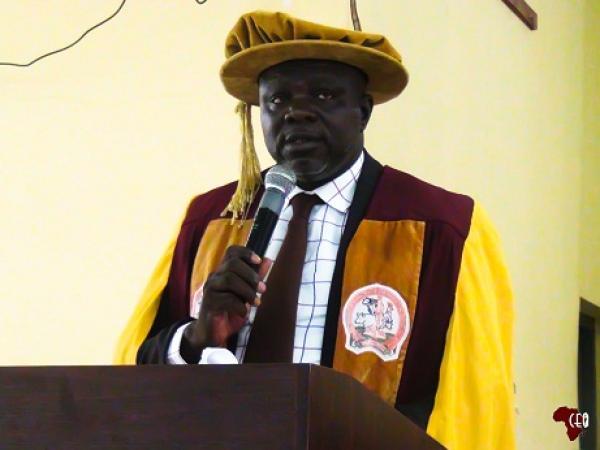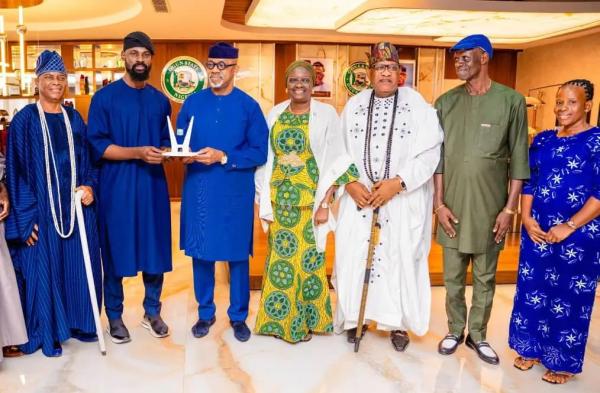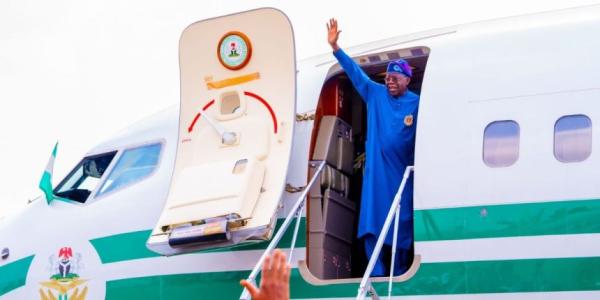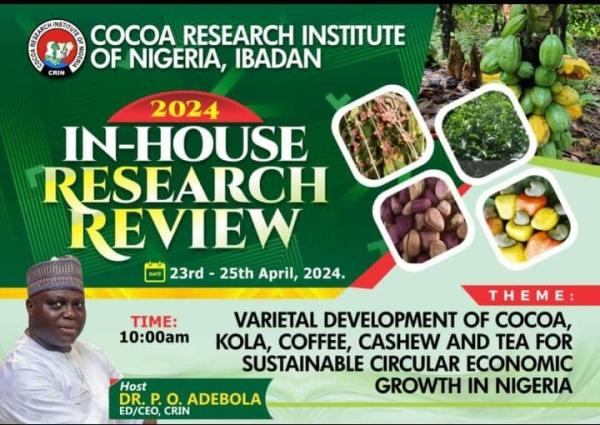
The International Monetary Fund (IMF) Wednesday endorsed the Economic Recovery Growth Plan (ERGP) 2017- 2020, launched recently by the federal government applauding it as “how fiscal policy should be thought in developing countries.”
The Fund’s Director, Fiscal Affairs Department, Mr. Vitor Gaspar, conveyed its position on the plan while responding to a question from THISDAY, during a media briefing on the IMF Fiscal Monitor press conference at the on-going IMF/World Bank Spring meetings in Washington DC.
The IMF official said he had the privilege of visiting Nigeria some months ago and was very happy to understand that for the Nigerian government, fiscal policies in general and tax policy in particular were part of the strategy for development.
Also, IMF’s Assistant Director/Head, Fiscal Policy and Surveillance, Catherine Pattillo, welcomed the country’s ERGP, saying its focus on diversification and attention to some of the problems facing the economy were steps in the right direction.
According to Pattillo: “We very much welcome the ERGP. As you are aware, Nigeria went into recession last year, there have been forecasted recovery, but still very fragile this year and the need to address the fiscal situation is urgent. Our recommendation is for the continued fiscal consolidation.
“One striking statistics I think is the fact that over the past years, the ratio of interest payment to tax revenue has doubled to 66 per cent in Nigeria.
So, two-thirds of all tax revenue is going into interest payment, illustrating the need to raise tax revenue.
That would allow the government to implement the social and growth-friendly policies that are part of the objectives of the ERGP.”
A fortnight ago, President Muhammadu Buhari launched the ERGP 2017-2020. The Medium-Term plan has among its broad strategic objectives, the restoration of sustainable, accelerated and inclusive growth and development; investing in the people and building a globally competitive economy.
Meanwhile, the economic growth in Sub-Saharan Africa has been projected to rebound in 2017 after registering the worst decline in more than two decades in 2016, according to the new Africa’s Pulse, a bi-annual analysis of the state of African economies conducted by the World Bank.
The region is showing signs of recovery, and regional growth is projected to reach 2.6 per cent in 2017, the report released on the side-lines of the ongoing meetings in Washington stated.
However, it anticipated that the recovery will remain weak, with growth expected to rise only slightly above population growth, a pace that hampers efforts to boost employment and reduce poverty.






















